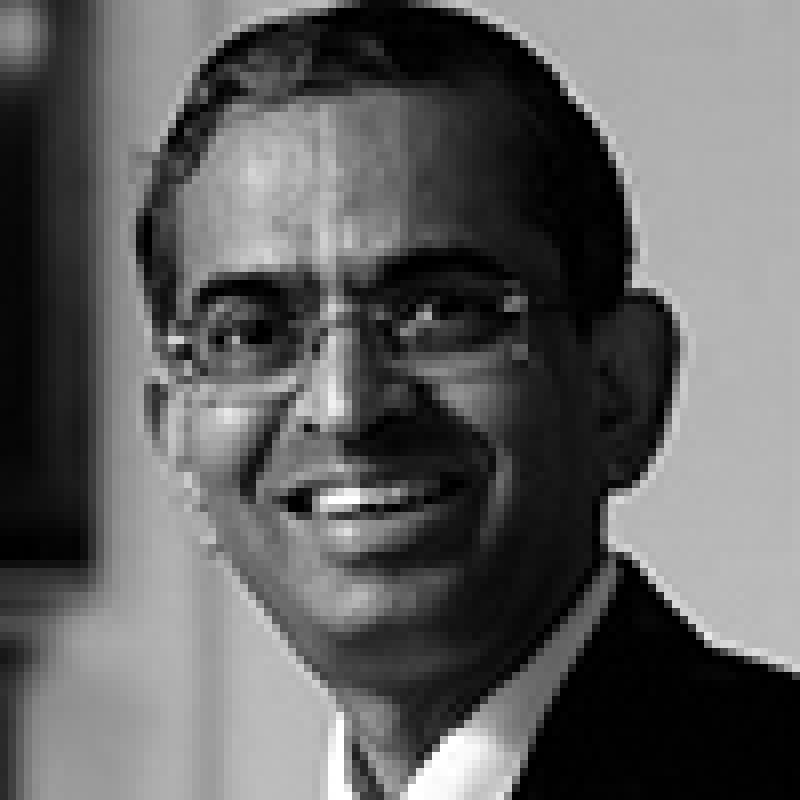July saw two orders from two courts in the country, issuing different orders on the same issue of granting John Doe orders. John Doe orders refer to a court granting injunctions on unknown and unlisted defendants. The decisions appear to pose different thresholds for John Doe orders.
The Bombay High Court in Eros International and Another v BSNL & Others denied a carte blanche request to block several hundred websites that allegedly were making available infringing copies of a cinematograph film over which the plaintiff owned the copyright. The Court noted that some of the websites alleged by the plaintiff contained only advertisements for DVDs or just trailers. The Court was not willing to grant a sweeping injunction order against all such websites unless there was clear evidence on record that the entirety of the website only contains illicit material. While subsequently allowing the blocking of certain specified links alone, the Court limited ISPs to block access for only 21 days, barring further extension from the Court, which is as per a statutory mandate in law. Among other safeguards, the Court allowed this limited remedy after the allegation of infringement was verified by an independent services provider, the plaintiff's internal and external counsel.
However, around the same time, the Delhi High Court in Department of Electronics and Information Technology v Star India Pvt Ltd was willing to grant injunctions blocking entire websites on the apprehension of potential webcasts of a sports event for which Star India had obtained the broadcasting rights. This original order was modified on appeal once earlier in 2016, restricting the order to only specific links and not entire websites. This was revised in July 2016, once again allowing blocking of entire websites on the basis that it was very easy to create new infringing links within the same website. The safeguards and thresholds preferred by the Bombay High Court are not mentioned in this Delhi High Court case.
Although several John Doe orders have been issued in the past, the jurisprudence surrounding this area has hardly evolved in India. The difference in these orders is a clear reflection of conflicting view-points. Only more reasoned orders from Indian courts is likely to offer more clarity.

|
R Parthasarathy |
Lakshmi Kumaran & SridharanB6/10 Safdarjung EnclaveNew Delhi 110029, IndiaTel: +91 11 41299800Fax:91 11 41299899vlakshmi@lakshmisri.comwww.lslaw.in










